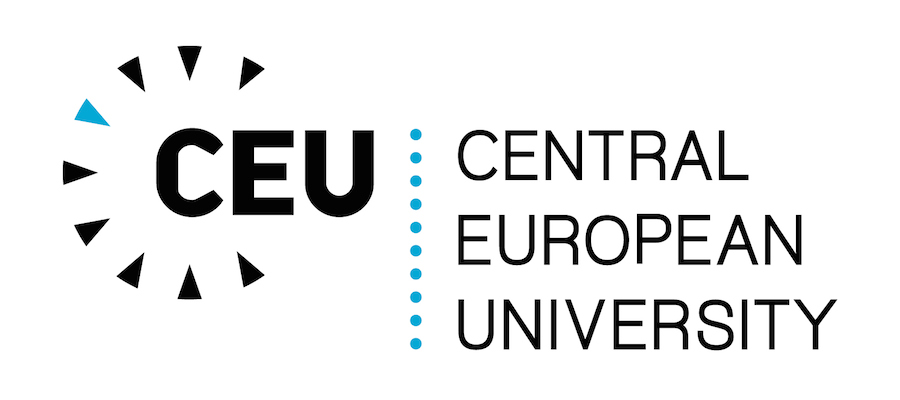The Center for Eastern Mediterranean Studies of Central European University (CEU) in Budapest, Hungary announces a call for a postdoctoral fellow position focusing on confessional dynamics in Greek Orthodox communities, between the 15th and 18th centuries.
Thanks to the growing research in the field of Eastern Christian Studies, new perspectives on the development of early modern Oriental Studies in Europe, as well as recent surge in the scholarly interest in Christian missions (both Catholic and Protestant) to the Middle East, we are increasingly better informed about the nature of the confessional overtures to the Ottoman Empire’s Christians and their responses and contributions to early modern confessional dynamics both within the empire and in Europe. Despite important philological work done in the ninteenth and early twentieth centuries on sources for the Orthodox Greeks’ relations with both Protestants and Catholics, recent studies, featuring new methodological and theoretical approaches to early modern religious and cultural dynamics as well as missionary work, have focused largely on Arabic-speaking Christians (especially Maronites). The nature of confessional dynamics in other Ottoman Christian communities between the 15th and 18th centuries and their engagement with missionaries of various confessional stripes on the one hand, and the changing nature of Ottoman religious politics on the other, remains to be comprehensively explored in light of new or neglected sources and methodological and theoretical considerations.
We invite applications with projects focusing on Greek-speaking Orthodox groups’ or individuals’ engagement with the discourses on confessional identity and religious orthodoxy stemming either from outside the Ottoman empire (e.g., intense Catholic, Lutheran, and Calvinist missionary activity and educational opportunities for the Greek Orthodox abroad) or from within it (e.g., from the growing ‘Sunna-mindedness’ of the Ottoman administrative and judicial establishment; diplomatic intrigues; changing economic conditions, etc.), or both. How were intra- as well as cross-communal relations affected by these developments? The relationship of the Ottoman Orthodox Greeks with other Orthodox communities, in Italy, Ukraine, Russia, etc., is also of particular interest, as is their relationship with other Eastern churches. We welcome proposals on any aspect of the topic, including case studies exploring particular textual genres, roles of particular individuals, dynamics in particular holy sites, etc.
This postdoctoral fellow position is associated with the ERC project entitled The Fashioning of a Sunni Orthodoxy and the Entangled Histories of Confession Building in the Ottoman Empire, 15th-18th Centuries (OTTOCONFESSION) hosted by the Center for Eastern Mediterranean Studies at Central European University and carried out in cooperation with Boğaziçi University. The project looks into the evolution of confessional discourses and concepts of religious orthodoxy in the Ottoman Empire (focusing on Rumeli and Anatolia) in both community-specific and entangled, cross-communal perspectives between the fifteenth and eighteenth centuries.
Duties and Responsibilities
- Undertake research on the proposed topic
- Work towards publications (articles and/or monograph) based on proposed research
- Present papers at the conferences organized by the project team and internationally
- Contribute to the project-related publications and other deliverables
- Participate in consultation sessions of the research team
Application Requirements
- The applicant has a PhD degree in history, literature, theology or a related field
- The applicant has a good command of Greek and ideally at least another relevant research language (e.g., Italian, Latin, Ottoman Turkish, etc.)
- The applicant should have written and spoken proficiency in English; however, we also welcome applications from researchers with spoken proficiency in English who are more comfortable with writing in French or German
